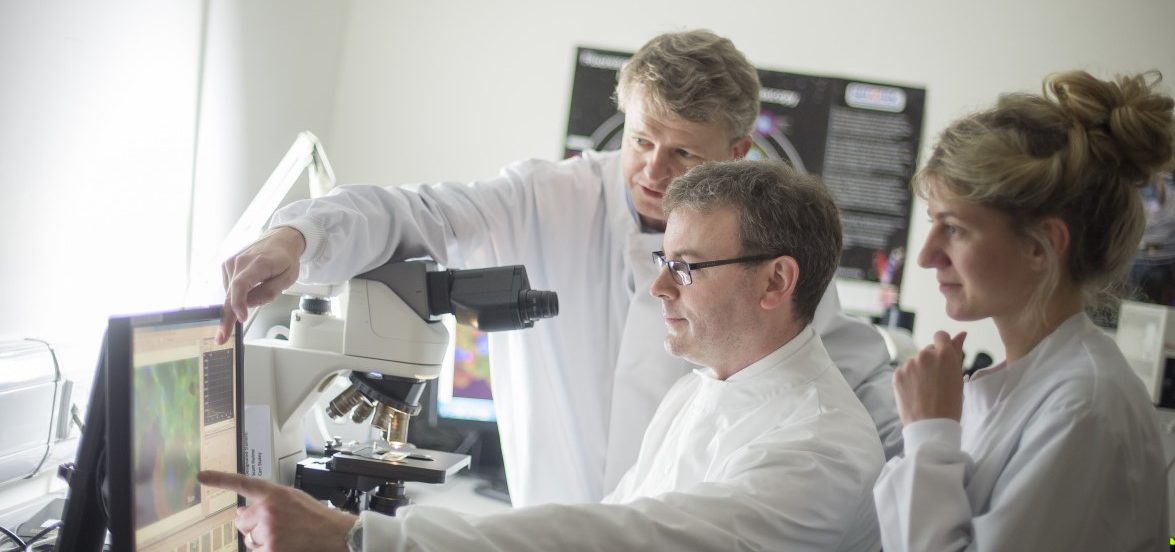
February 6, 2020, by Lisa Chin
Mapping your research career
This post is written by Dr Tissa Chandesa, Research Training Development Manager.
The University prides itself in nurturing and supporting researchers to deliver research output that transform lives and shape the future. As a result, we offer a number of opportunities to enhance our early career researchers’ personal and professional development.
All training and development courses offered by us are mapped against Vitae’s Researcher Development Framework (RDF). To raise awareness among our early career researcher community to use the RDF as part of their continuous researcher development, I conduct a workshop called Mapping Your Research Career: Vitae’s RDF for Early Career Researchers at the start of every semester.
During the workshop, I would encourage participants to reflect on their research skills and identify gaps that they would like to develop further as part of their continuous researcher development. Then, by bench-marking against the Vitae’s RDF, they would identify which sub-domains within the RDF that they would like to develop further and outline a plan for training. Finally, they would recognise evidence of achievements that will be documented and used to show their positive progress/completion to their line managers during their annual Personal Development Performance Reviews.
The RDF is designed for researchers within the higher education context. It acts as a tool to evaluate and plan personal, professional and career development. The framework has been endorsed by UK higher education funding bodies, UK national body for learning and teaching as well as the UK Quality Assurance Agency for Higher Education. In brief, the RDF helps researchers to:
-
Explore all the aspects of being a researcher
-
Identify their strengths
-
Prioritise areas for professional development
-
Write a plan, then monitor progress and success
-
Have productive discussion with others, e.g. personal development and performance reviewers, line managers, principle investigators, career advisors or other professional development providers
-
Look for formal and informal development opportunities
-
Prepare for one-to-one progress reviews, appraisals or career development conversations with research managers, line managers or mentors
For more detail on how RDF can be of help to you, please click here.
Should you have any inquiries in relation to the RDF, please email me at Tissa.Chandesa@nottingham.edu.my.
-
Post a comment
